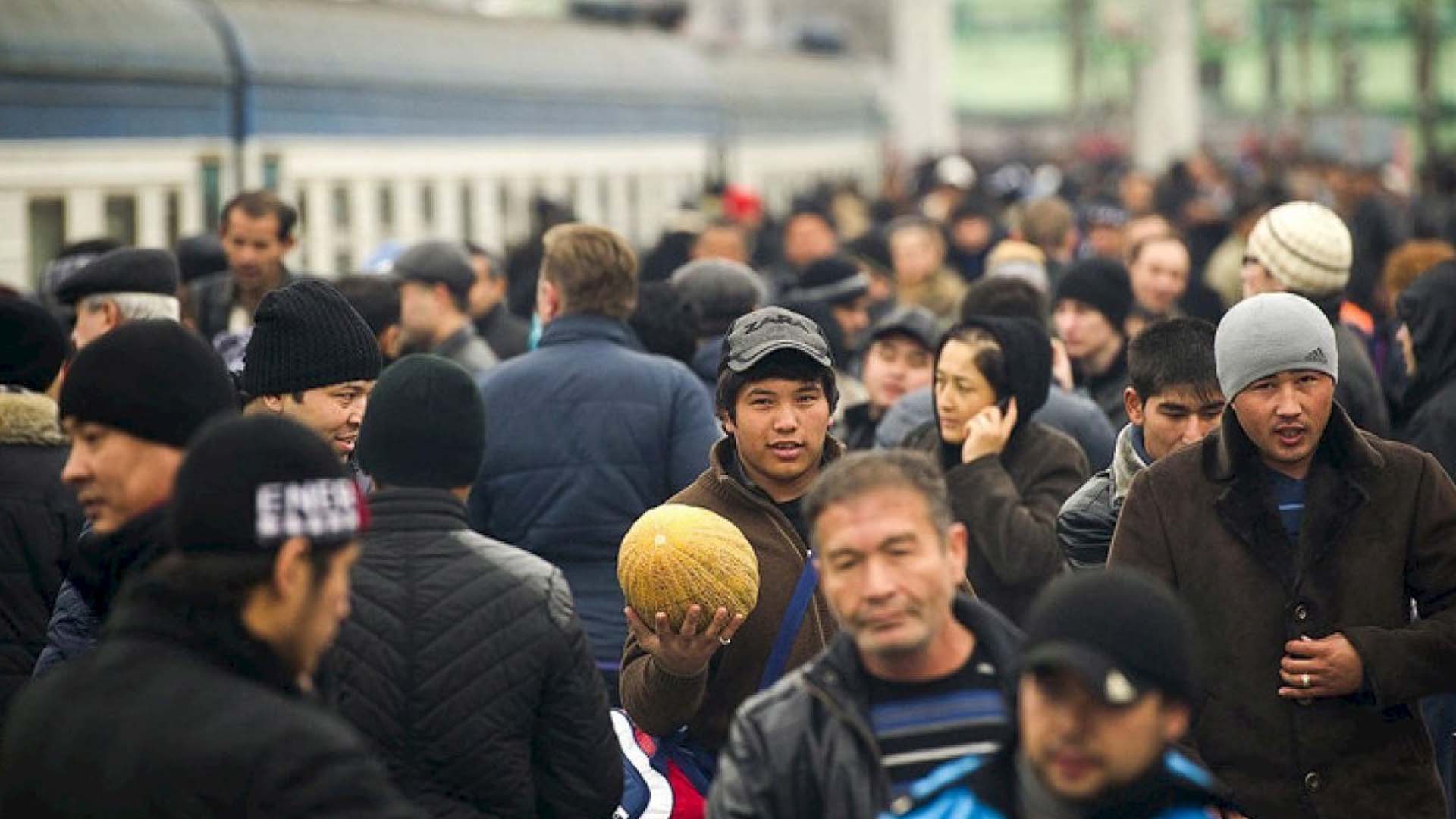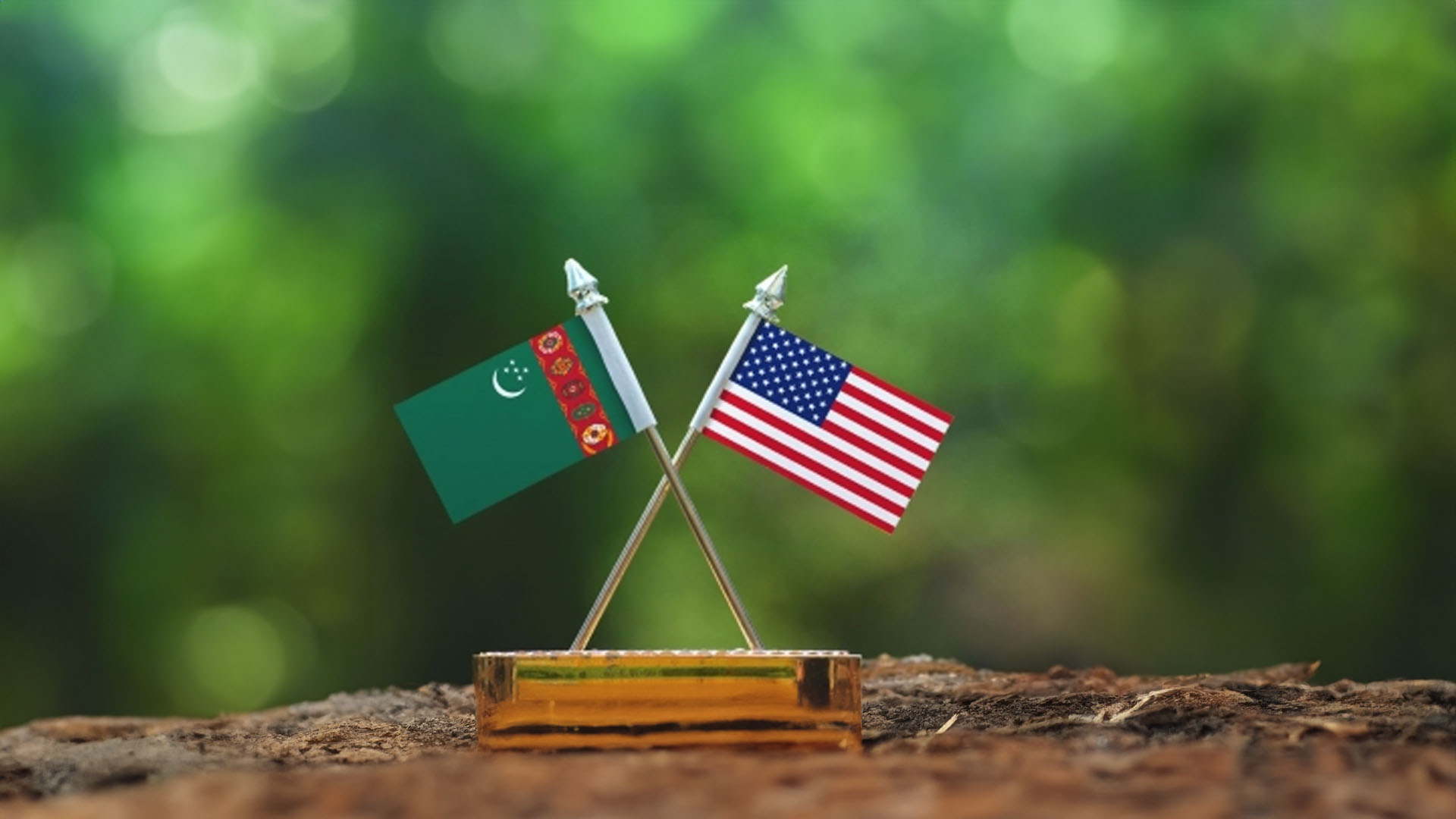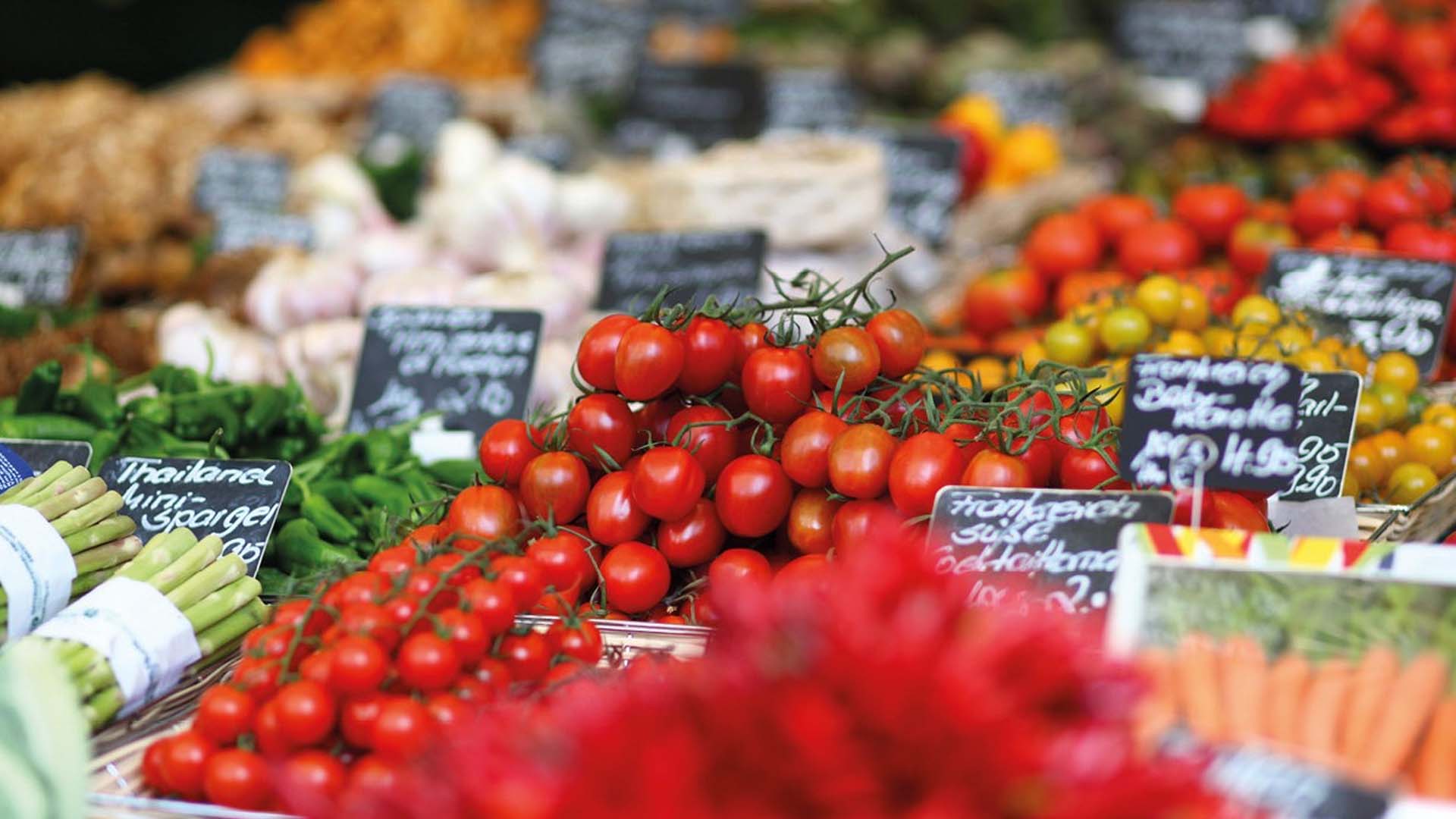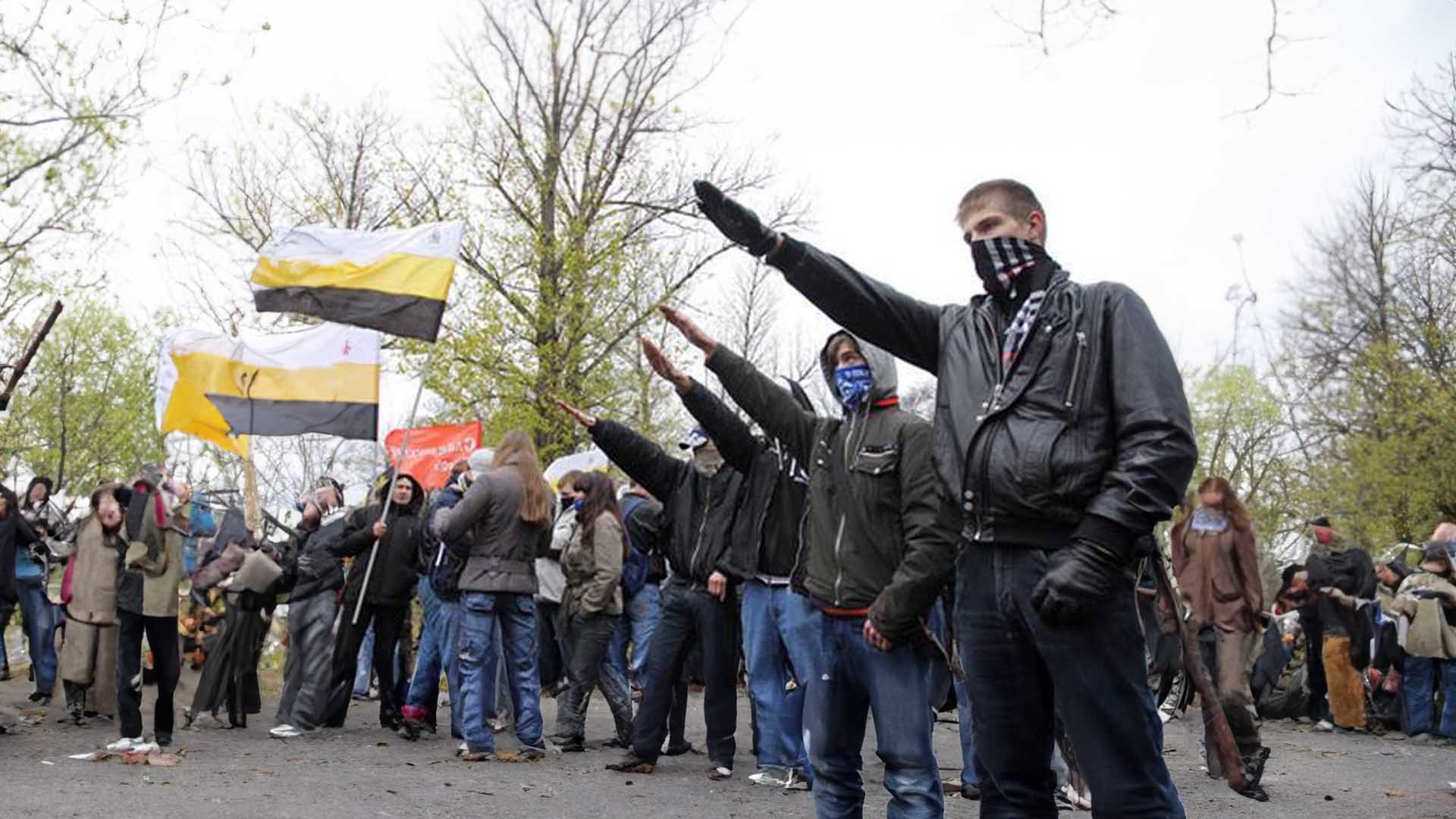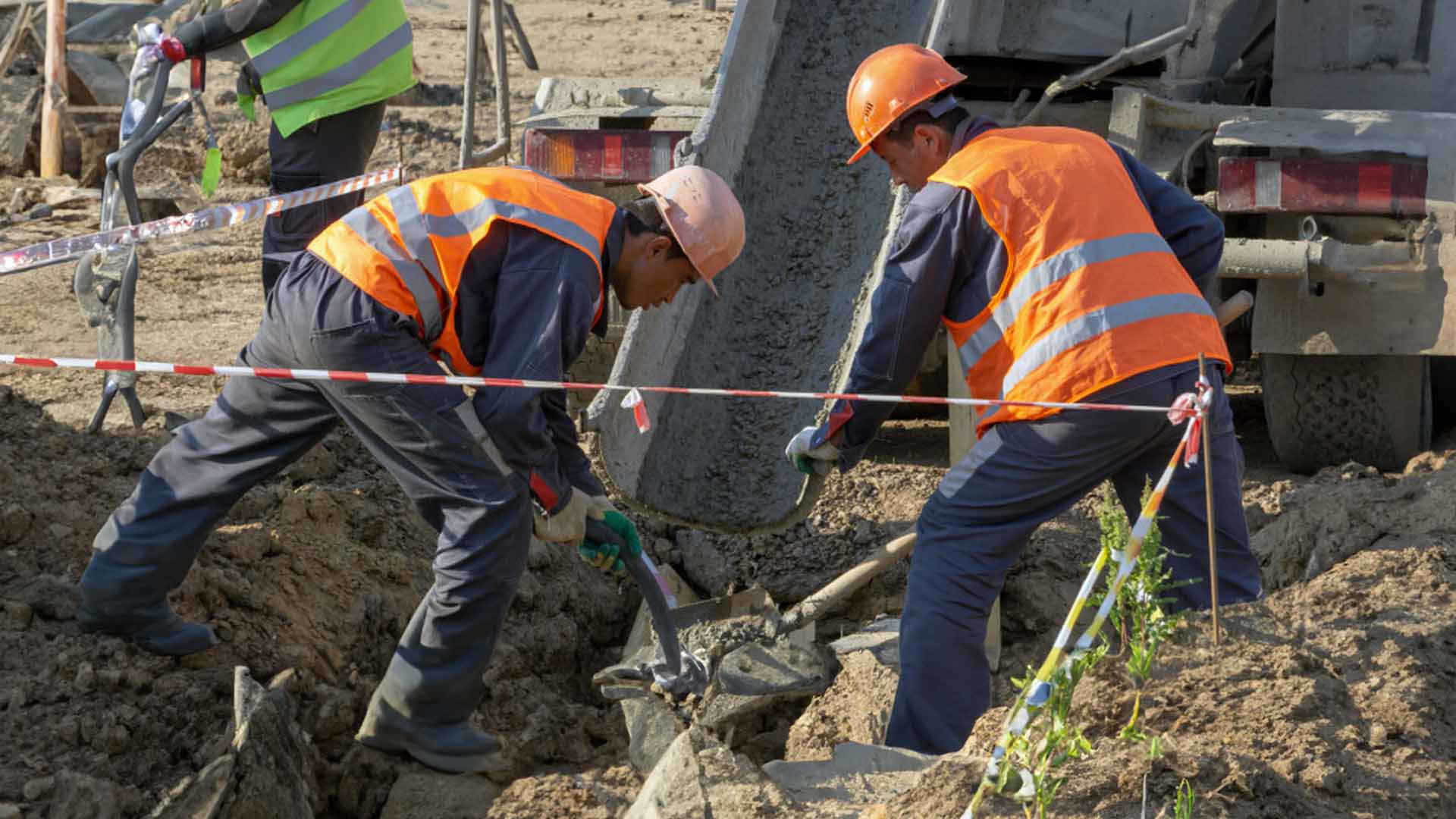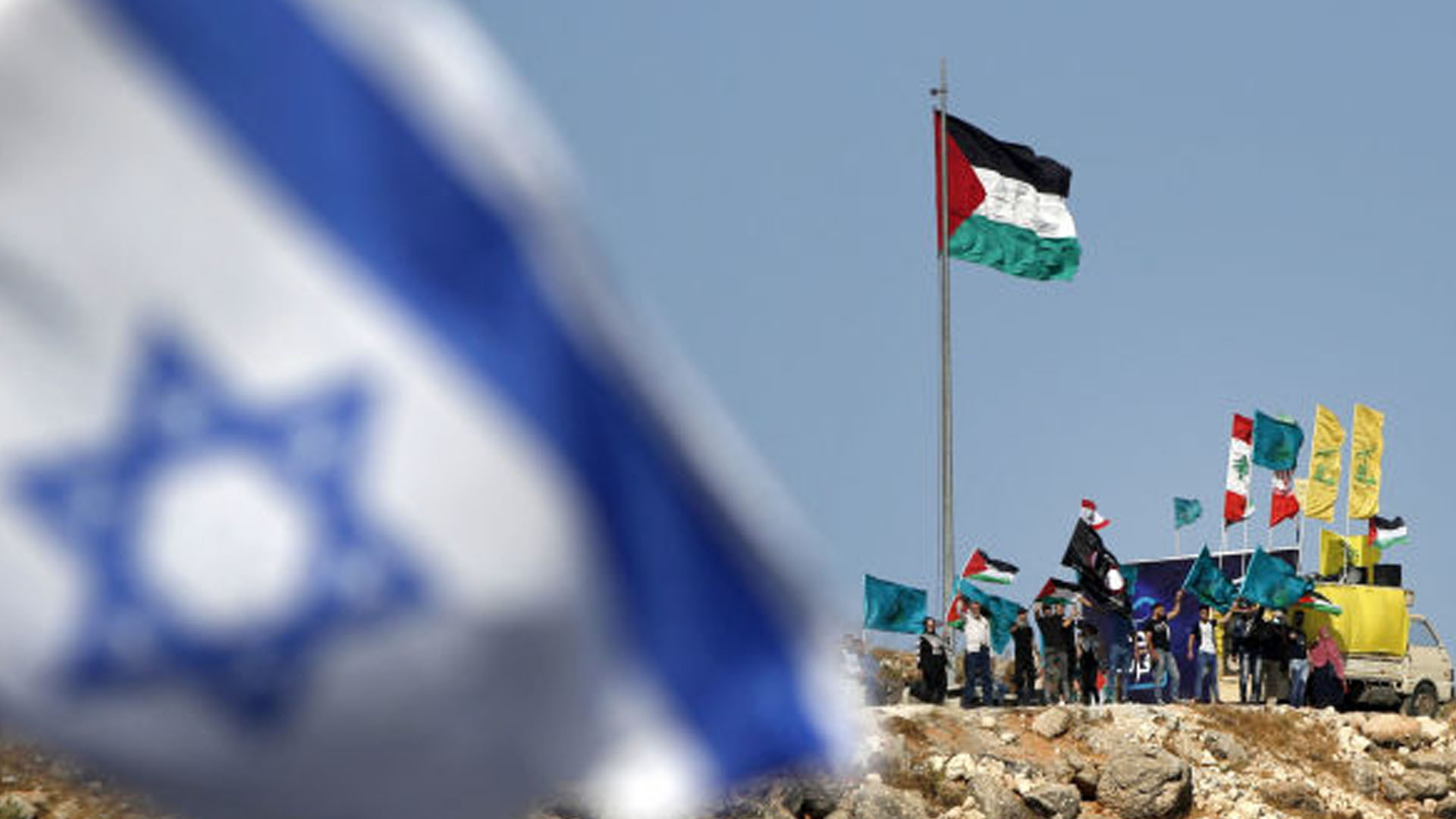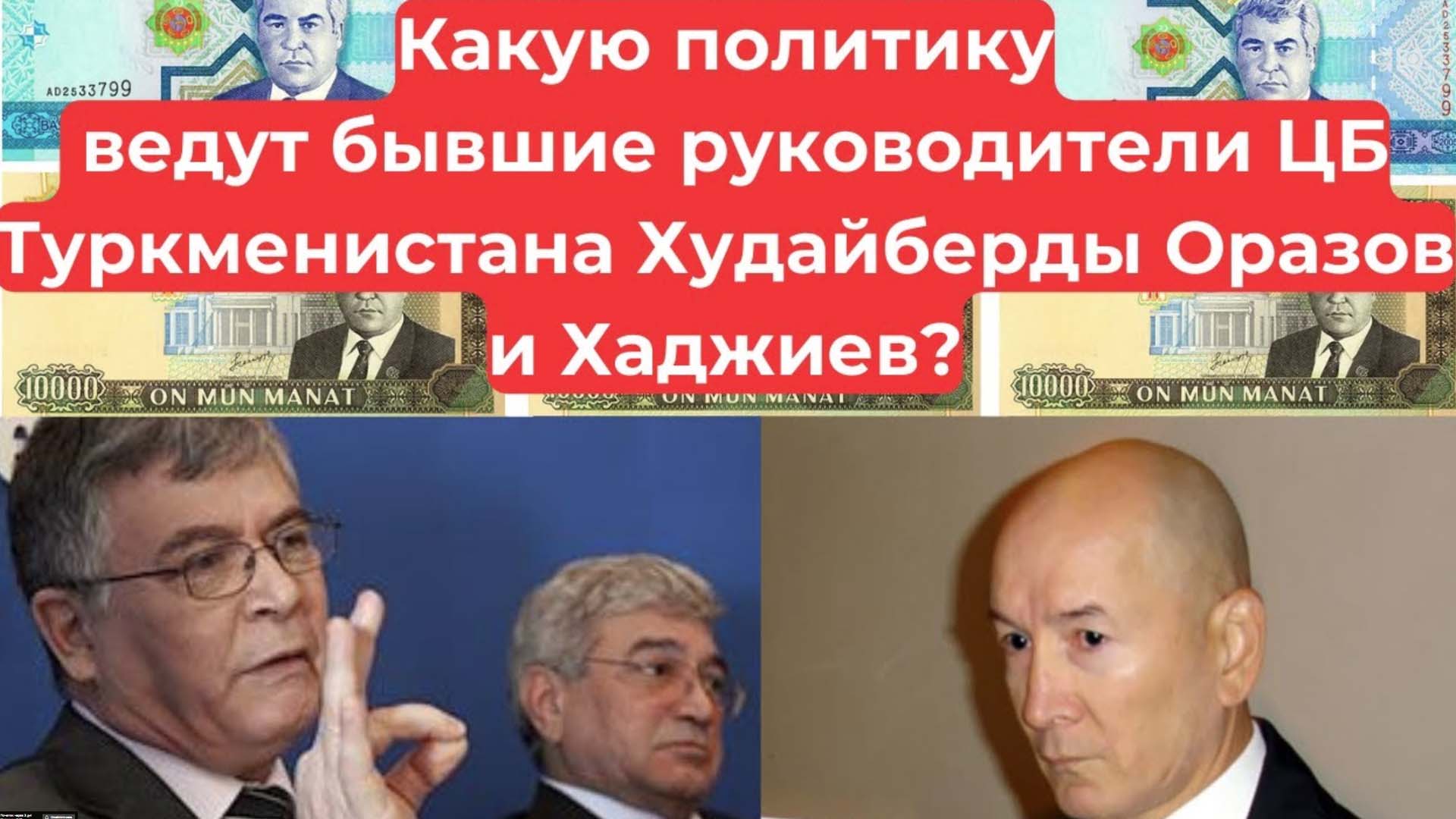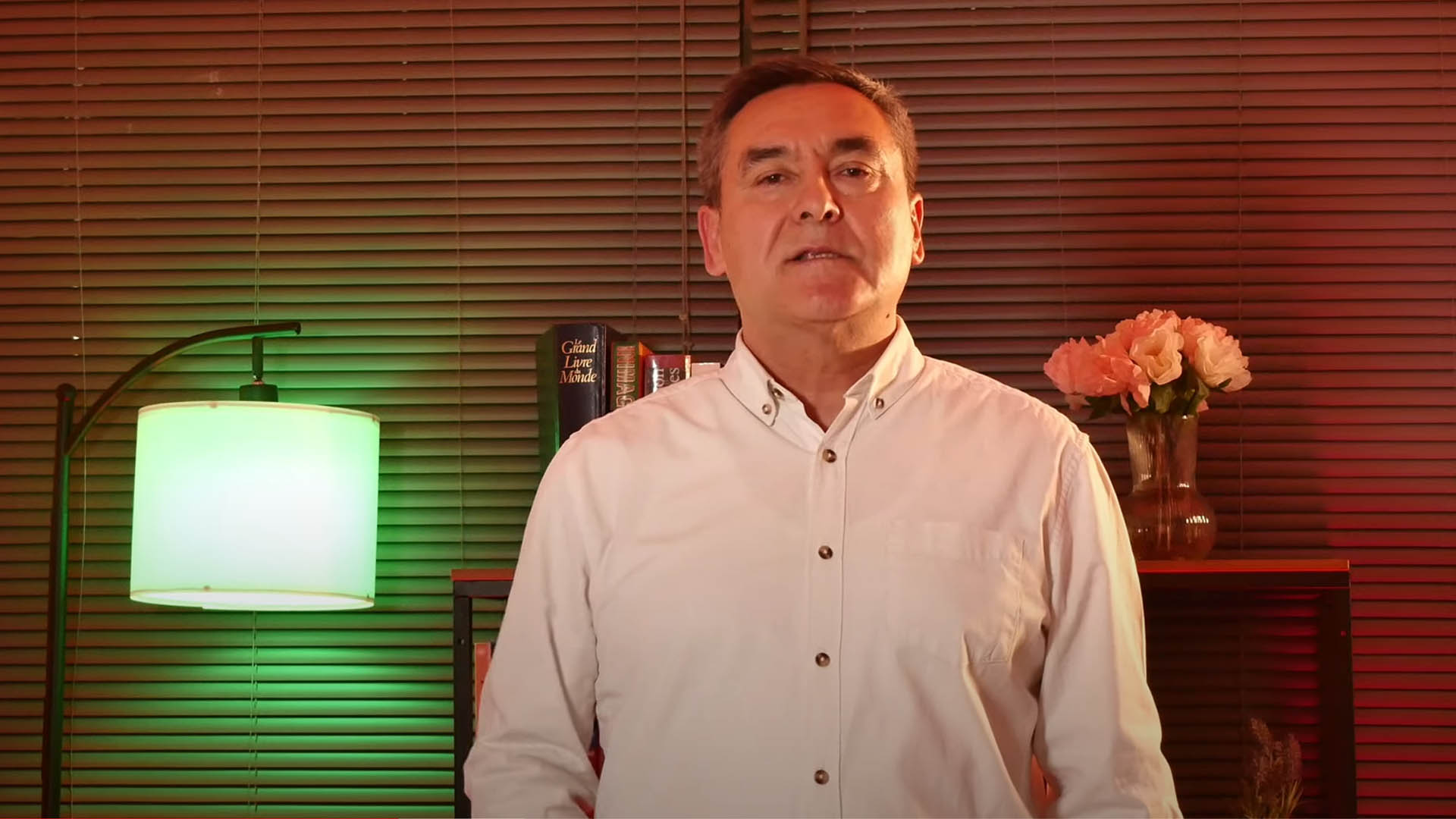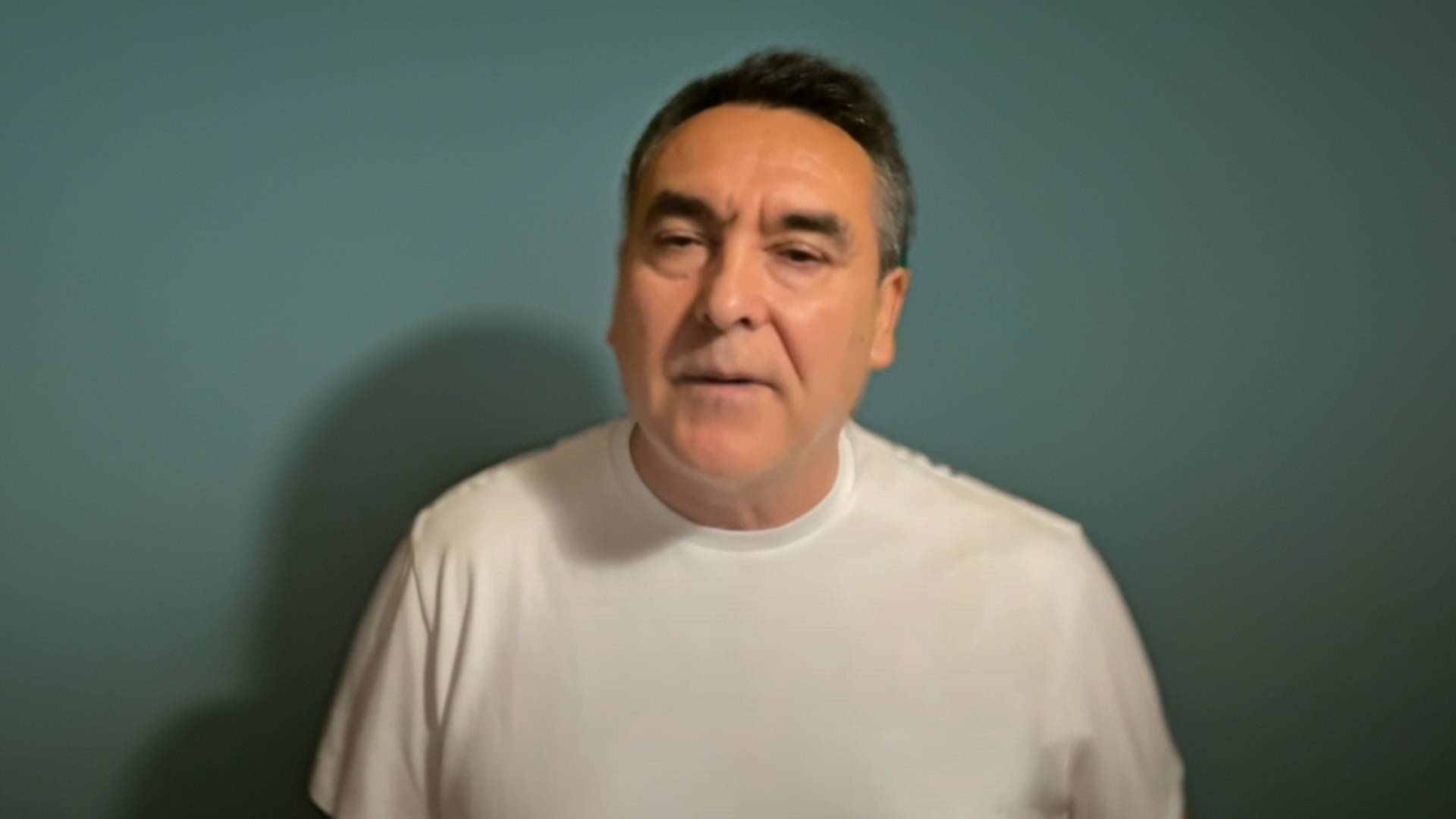The TV channel “Real Time” in cooperation with Migrant Media released a documentary film called “On Their Land” at the end of 2023. The video tells the stories of migrants who do not flee, but continue to live in Ukraine despite Russia’s constant air attacks on civilians.
All the speakers are from Kyrgyzstan, Tajikistan, Turkmenistan, and Uzbekistan, living in Kyiv, Kharkiv, and Odesa. The heroes told how they had the opportunity to go abroad and stayed in Ukraine, raising small children under constant Russian shelling, what kind of “Nazism” they encountered on their way, and what they do now.
The first hero is Rovshanbek Rozmetov.
Now he is 54 years old, born and raised in Turkmenistan. He is Uzbek by nationality. He speaks Uzbek, Turkmen, Russian, and Ukrainian languages. He has three children. He is a lawyer by profession but has now given up everything and gone to fight at the front as a member of the AFU.
“I was 18 years old, I was drafted into the army,” he says. – And thus I got to Ukraine for the first time in my life. During the service, I saw the people, the people, hospitable people, good-natured, tolerant people. The day of the beginning of the war I remember very well. I was at home in a flat. I, my wife, children – we were all in the flat, we all heard the sounds of explosions, we realized that the war had started,” Rovshanbek said.
Even though the law allowed the man to go abroad with his three minor children, he stayed in Ukraine. Rovshanbek calls his flight a betrayal of his Ukrainian-born children and his wife. A sense of shame prevented him from doing so.
Also, the man shared that he, as a “person of non-Slavic appearance”, lives in this country calmly. Moreover, Ukraine has a tolerant attitude towards different confessions, you can safely go to a mosque and pray.
The second heroine is Maya Vergolias.
She was born in Turkmenistan, in the city of Dashauz. After graduating from school she went to Yekaterinburg to study. And it was in the territory of Russia that the first “surprise” awaited the woman:
“Once in Sverdlovsk (the Soviet name for the city) we met fellow countrymen in a tram. We started talking in our language: who was doing well? And then from behind some aunt shouted: “Silence, Chuchmeks. I don’t understand you, speak Russian!”, – Maya said.
After the distribution, the woman moved to Kyiv, and since 1989 she has been living and working in Ukraine. Here she started a family, gave birth to a child, and became a doctor of biological sciences, and professor of the Department of Human Anatomy and Physiology. When a full-scale attack began – Maya became an instructor in the defense, teaching people how to protect themselves during the war. 24 February 2022 – she remembers with tears in her eyes.
“My son and my husband stayed up like that for a long time, I didn’t sleep for something myself. Something they were discussing, and in the morning at the beginning of the fifth my husband says: “Get up, go to the shower, no shower, what did you want? The war has started.” I could not believe it was war,” Vergolias shared and recalled 2014 – the beginning of the annexation of the Ukrainian peninsula of Crimea. At that time, her relatives from Central Asia mostly watched Russian TV channels and piously believed in propaganda.
“I remember a cousin personally said to me: “Why is Ukraine fighting? They just want the Russian language. Let’s just introduce the Russian language. That was the information they had,” Maya added.
The third speaker is Ruslan Makhanbetaliev. The man is from Kazakhstan and lives in Kharkiv, and his eldest son Rashid is fighting at the front. He went there as an ordinary ordinary soldier, in the battles he received a medal “For Bravery” and the rank of junior sergeant.
“He is defending Ukraine, although he was born in Kazakhstan. He said: “Dad, I’ll probably go to war. To defend Ukraine. I understand that we are nomadic people. But if there’s a war here, you’ll go there, if there’s a war there, you’ll go here. And so all your life you’ll be traveling like this? And who will protect us? I am proud that some defend Ukraine,” Ruslan admitted.
The fourth speaker is Uzbekistani Muradil Yunusov.
The man has two sons who went to the front and are now fighting near Kremenna. He was not taken there because of his age.
“We woke up with horror. They told us to evacuate. We left, and the children stayed. They went to defend Ukraine the very next day,” the man said and explained why he was not allowed to go to the front – “They say old. It was hard for me when they didn’t write when they didn’t call. Near Kremenna everything was mined. They drove personnel on a batterer. They waited on the second line for [the fighters] to zero in. They provided fire support. They would wait two or three days, then quickly load up and come back. Then they would call me and I would get happy,” the man shared.
Now Muradil Yunusov sells ready-made lunches at the Barabashovo market in Kharkiv. That is the biggest clothing market in Eastern Europe, where Russian missiles have repeatedly landed. In March 2022, the market was shelled by the Russian army, and the trading rows next door to Muradil’s workplace were on fire. But the man is not intimidated by this, he perseveres in his work every day.
“I feed people practically very cheaply. Because in times of war, you have to support people,” Muradil said.
The Darmenov brothers are Rustem and Damir.
Ethnic Kazakhs live in Kiev. Immediately after the start of full-scale Russian military aggression, they became volunteers. The first settlement where the brothers went to help was Gostomel.
“It was a couple of days before the de-occupation took place. There were a lot of militaries, every five meters there was a roadblock. The documents were not hidden, they were on the windscreen, you show them every five meters,” Rustem said.
In Gostomel, the brothers cooked pilaf, and borsaki, fed residents, and made a diversion to the Kyiv region, which at that time was still under occupation by the Russian military.
“We didn’t say we were Kazakhs, but once we came to a settlement where there were Buryats. They were based there, looting, and bullying the population. I am a mestizo, I have both Slavic and Kazakh blood, and I have relatives who are pure Kazakhs. And people were in a stupor. And we said: it’s OK, we are not Buryats,” Rustem continued.
His brother Damir graduated from the Kyiv Bogomolets National Medical University in the summer of 2022, and in early 2023 began helping the Ukrainian military to recover from the daily carrying of armor and ammunition weighing 15-20 kg. The guy is outraged by the invasion of the Russian army in Ukraine and excuses that this war is for the “defense of the Russian-speaking population”. He cited himself as an example that he had not heard any claims from Ukrainians about the Russian language in his address.
“We are in our land, they came to us – and they still call us Nazis, that we are infringing on someone here!” – Damir stated.
Boboi Shaikh (pseudonym).
The man came to Ukraine from Tajikistan, and now he cooks pilaf for Kharkiv citizens every day. Despite the difficulties, he wants to help Ukrainians.
“I won’t brag – not everyone can stand it. Five cauldrons are working – imagine the fire, the heat. I also kept a fast. When we fast, you can’t drink water or anything. I feel sorry for people. I feel sorry for the children. I’ve been through everything. In 1991, we had such a war, hunger strike, I saw it all,” Shaikh said.
The man urged not to believe the rumors that the rights of Muslims are infringed upon in Ukraine:
“I have been in Ukraine since 1996, I have never heard such rumors. No one condemned me for going to pray. If you believe in God, believe in your faith,” the man said.
- In 2022, 206 thousand children were born in Ukraine, and in the first six months of 2023 – almost 100 thousand. Because of Russian aggression, women sometimes had to give birth under fire: at home, in basements, and the underground.
Zhamaldin Kasimov is an entrepreneur, originally from Kyrgyzstan. He lives in Odessa and has been selling meat: mutton and beef at the legendary Privoz market for 10 years. The man has four children. The youngest daughter was born during Russia’s full-scale war against Ukraine.
“When the war started, my wife was pregnant with our fourth child, we started to worry about what would happen next. We were not allowed into the maternity hospital, the contractions started at night. Before martial law it was very good here, but after the war trade changed. When the war started, there was no trade at all for the first week, and then they decided to work again. Trade became weak,” Kasimov recalled the difficult period and added that now the situation has improved.
Kumarbek Raman was born and raised in Kyrgyzstan. In 2018, he moved to Ukraine and organized his business there: he opened several public schools and kindergartens.
“We have four wings – three classes fit here: one class, second class, third class. There are small rooms, we converted them into a bomb shelter. If a pupil had one seat, now there are two – we sometimes make them laugh with this,” Kumarbek said.
Nowadays, the man is the father of many children. His youngest daughter Miroslava was born in Ukraine. And the child was given this name “so that there would be peace in the country.
At the end of the video, the heroes of the issue voiced their strong confidence in the victory of Ukraine over the enemy. They honored the memory of the fallen Ukrainian Heroes, and Rovshanbek Rozmetov added that he considers this war sacred, as Russia is encroaching on the freedom and religion of ethnic minorities living in Ukraine.
“They came to my house with a war, not I to theirs. And I didn’t give them a reason for them to come here with a war. I did not offend Russians here,” Rozmetov finished his speech.

